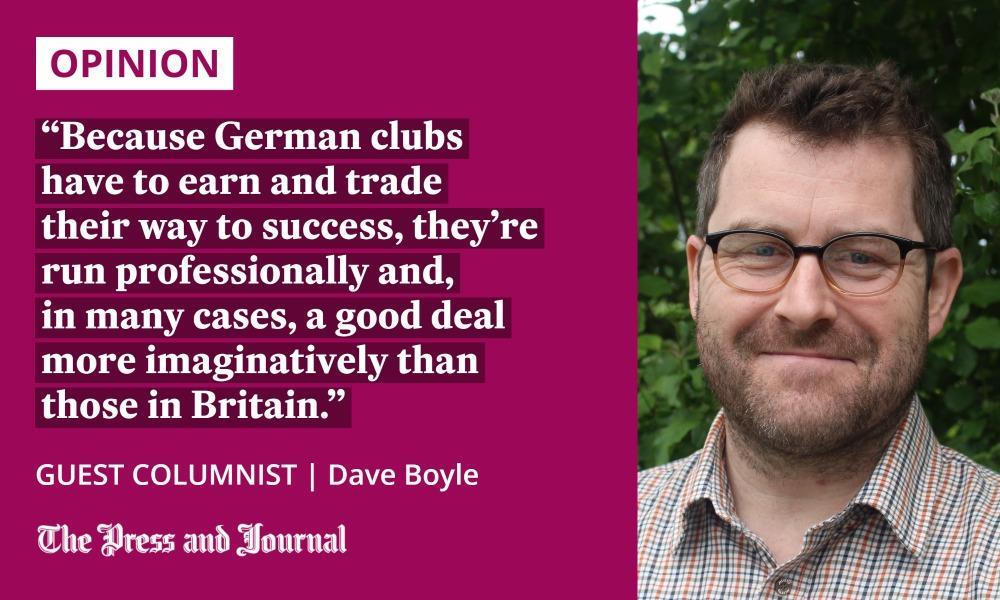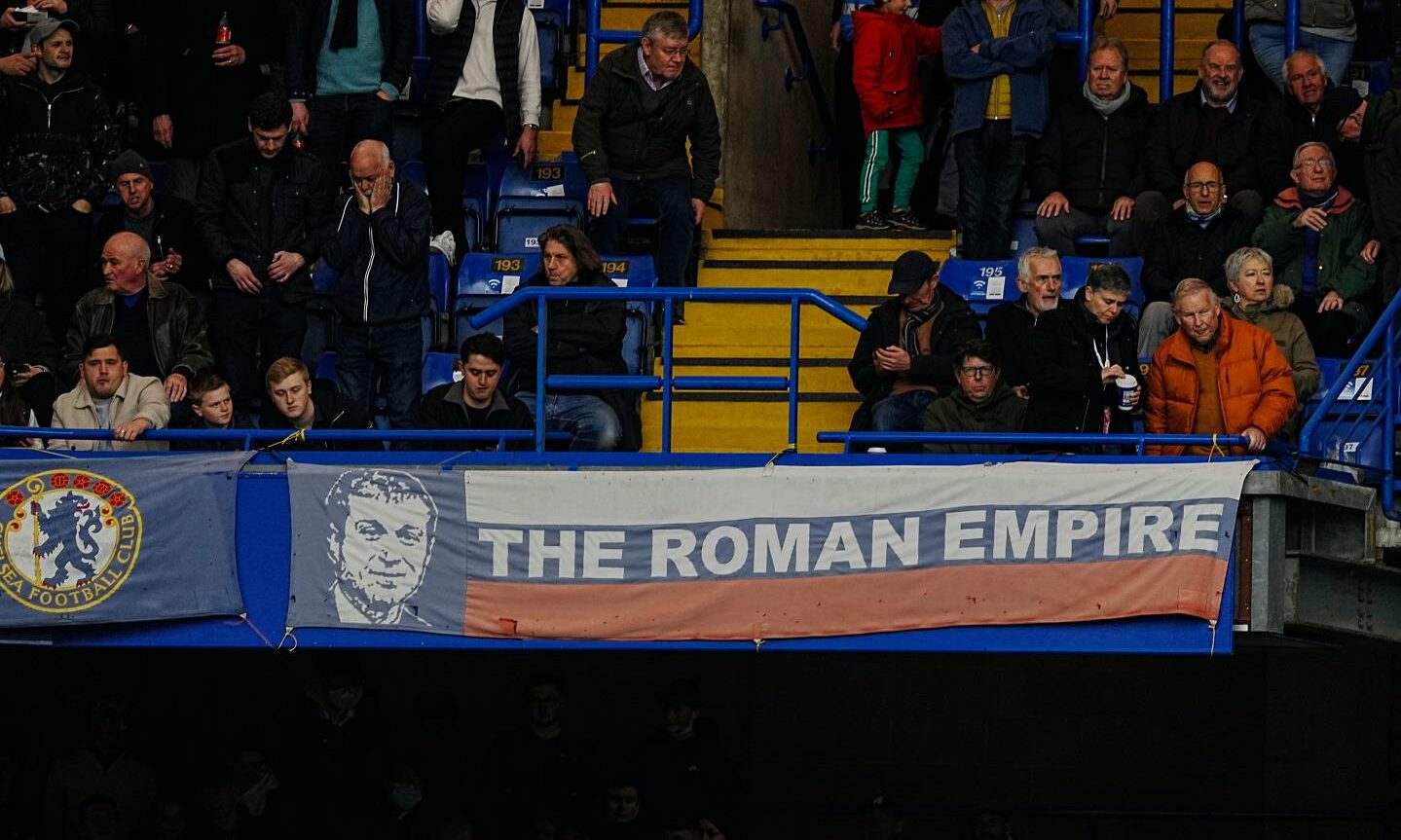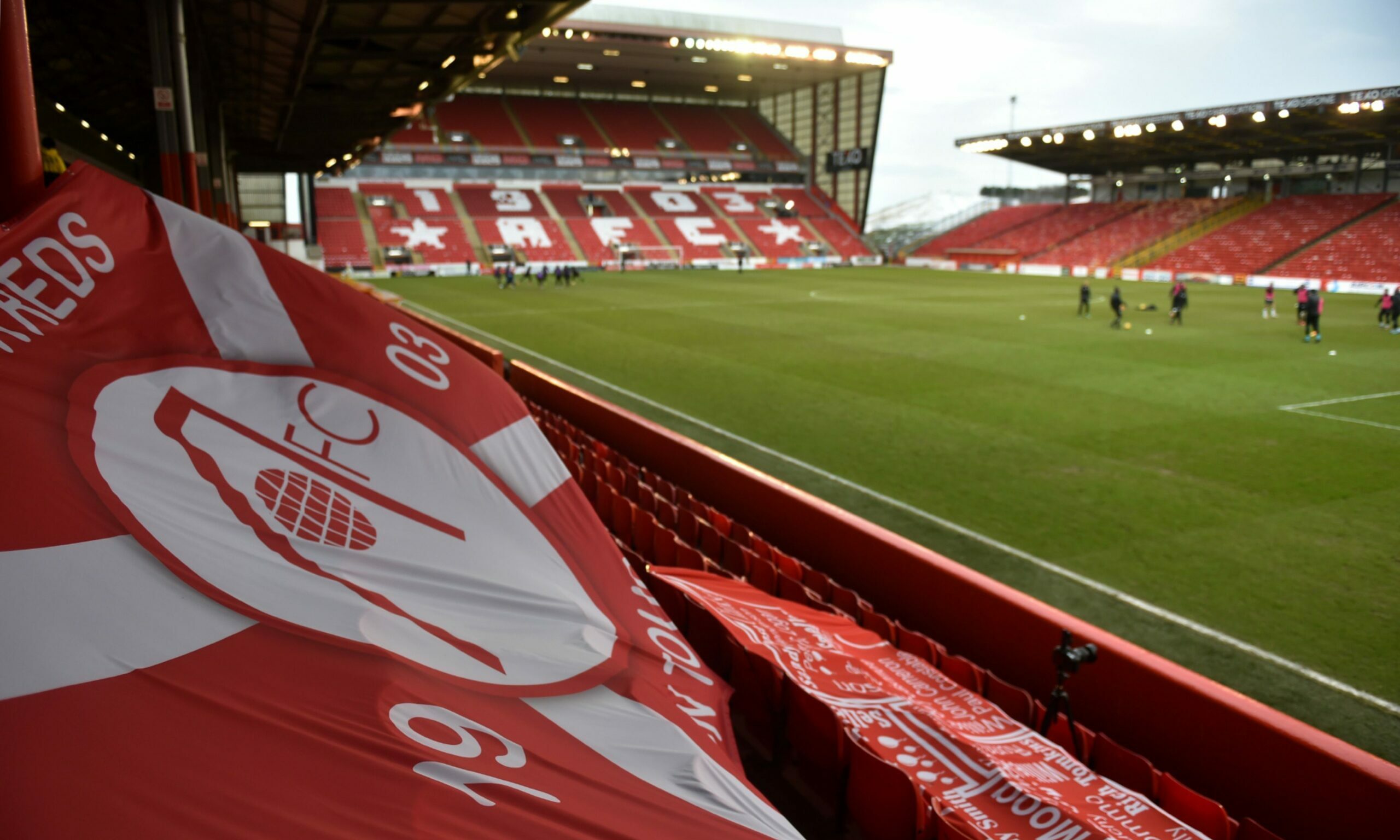There’s a long-standing tradition that football was largely treated as falling outside government policy.
Unless fans required policing or grounds needed to be made more safe, football was left to get on with things. So it’s a curious development to see the UK Government demanding bids for Chelsea FC, which is caught in its net of sanctions targeting Vladimir Putin’s and his coterie.
Lenin once said that “there are decades where nothing happens; and there are weeks where decades happen” and, as Roman Abramovich found out to his detriment, wars are one of those circumstances during which governments can suddenly change the habits of a lifetime.

It’s to be hoped that this newfound appetite for intervention continues, as without it, very little will change. But change it must, if football is to escape the depressing cycle of financial frailty and scandals when inconvenient truths about too many of its owners can no longer be ignored.
More money means better teams
The underlying structural problem is the arms race of spending on players. Football might be a game of opinions, as Bill Shankly said, but one undisputed truth is that clubs with more money get better players, and better players make for better teams, which make for champions.
Many clubs often find themselves little more than three or four weeks away from a catastrophic cash flow crisis, teetering on the brink of collapse.
A recent survey by Fair Game, a group of clubs lobbying for change, found that more than 50% of the English game’s 92 outfits were technically bankrupt. That’s shocking and, yet, not at all a surprise. For most teams, large and small, it was ever thus.
The deal with owners was simple: money in, reputation out. You elevated yourself from mere businessman to civic benefactor and local hero. And back to zero if the club then folds when the tap is turned off, like Gretna did.
That’s still the case, only instead of local scrap metal dealers making good, it is now sportswashing for unsavoury regimes and reputation enhancement for sketchy oligarchs.
Questions about the ethics of how you ended up fabulously wealthy go away much more easily when you own a football club and make good use of the directors’ box. If you can get your fans to become your social media army, defending you at every turn, you’re onto a winner.
Can we learn from Germany?
North and south of the border there is meant to be a “fit and proper person” test, but it has always been hopelessly weak and inadequate. Famously, it was passed by the supposed owner of Portsmouth FC in 2009, even though no one is sure to this day that they ever existed.
There is no magic wand that can be waved where richer owners come in to supercharge the playing budget in Germany
At times like this, you often hear pleas for football on this island to be more like the German system, where clubs have to be owned by their fans, ticket prices are low, stadiums modern and atmospheric. There, clubs are properly engaged in giving back to their communities in ways that go beyond corporate social responsibility.
It’s a compelling vision, and one we at Supporters Direct helped popularise and advocate for. But the German system works because everyone is in the same boat.
Roman Abramovich couldn’t have bought Bayern Munich, because it’s not for sale. There is no magic wand that can be waved where richer owners come in to supercharge the playing budget in Germany. And, so, because clubs have to earn and trade their way to success, they’re run professionally and, in many cases, a good deal more imaginatively than those in Britain.
But, despite governments constantly fretting about these problems, nothing has happened.
Football needs government action
If you wanted to save on your heating bill, you could burn a pile of reports into the parlous state of football finances, football’s governance, and footballers’ ethics. All of them fail to make a difference because the game calculates that, in a couple of weeks, everyone will have moved on.
There might be a few enlightened clubs where the owners have grasped the problem, but building a coalition for change is hard, taking time and effort for people up to their eyeballs in keeping their team in the black.
The 2015 Community Empowerment Act contains a section that gives Scottish supporters the right to buy their football clubs
This is why, if change is to come, it must be through government action, because the game has shown it can’t and never will do it alone.
A report by former English sports minister Tracey Crouch recommended sweeping changes – independent regulation, licensing, cost controls and the like – and the UK Government are seriously considering giving legislative time to turn this into law.
Tracey Crouch has done football a great service with this initial report. She's consulted widely, has not been intimidated by those with vested interest in the flawed status quo and has offered solutions. Key now is sorting detail & finding the right people to work as regulator.
— Henry Winter (@henrywinter) July 22, 2021
If this happens, it will surely be harder to buy into a club, but it will also reduce the need for a team’s success to come down to whether an incredibly wealthy individual turns up and offers to help, so long as not no many questions are asked about where the cash came from.
Fan activists are hopeful, but that’s tempered by bitter experience of seeing the government floating similar ideas in 1969, in 1997 and again in 2010 without effect.
Scotland is already one step ahead, however. The 2015 Community Empowerment Act contains a section that gives Scottish supporters the right to buy their football clubs, so every team could become fan-owned, like Hearts, without needing an Ann Budge to help them get there.
However, the law held off giving fans these powers until such time as government ministers actually got around to bringing forward regulations to define how they were to be used. They haven’t done so. Yet.
Dave Boyle is a former chief executive of Supporters Direct, the UK body that supported sports fans to become involved in the ownership and governance of their clubs












